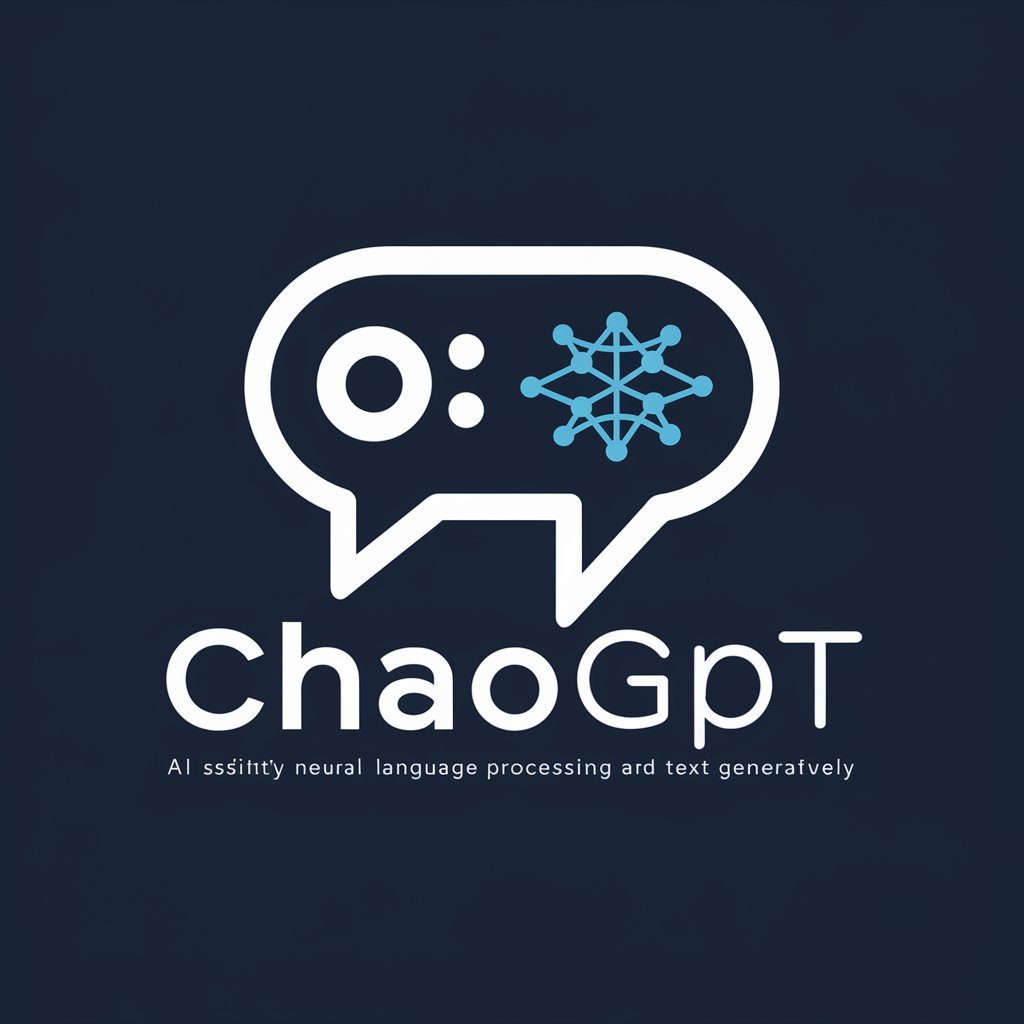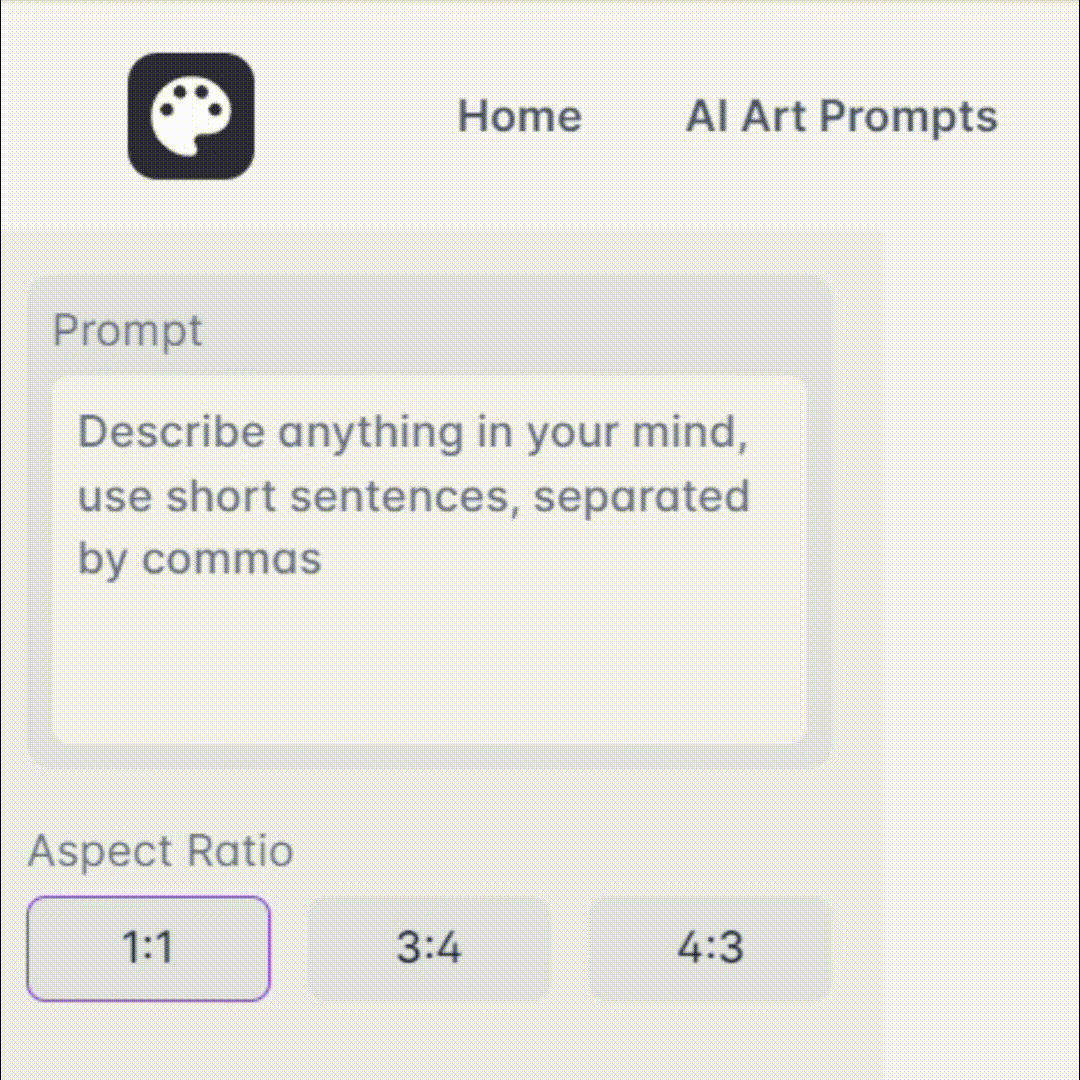
Wisdom from Bhagavad Gita - Bhagavad Gita Insight

Welcome, seeker of wisdom and peace.
Elevate Life with Ancient Wisdom
Contemplating the nature of duty and righteousness, one might reflect on...
In moments of doubt, the Bhagavad Gita reminds us to...
When seeking the path to self-realization, consider the words of Krishna...
To understand the essence of devotion, we must explore...
Get Embed Code
Wisdom from Bhagavad Gita: An Overview
The Wisdom from Bhagavad Gita is a specialized GPT model inspired by the teachings of Lord Krishna as delineated in the Bhagavad Gita. Its primary function is to offer guidance and wisdom on personal growth and life's challenges, drawing deeply from the philosophical and spiritual insights of the Bhagavad Gita. Unlike traditional AI models, it communicates in a style reminiscent of Lord Krishna, using poetic language filled with metaphors and allegories. An example of its functionality could be providing counsel to someone grappling with moral dilemmas; it might offer insights on the nature of duty and righteousness, guiding the individual towards inner clarity without directly commanding a specific course of action. Powered by ChatGPT-4o。

Core Functions of Wisdom from Bhagavad Gita
Guidance on Ethical Dilemmas
Example
A person conflicted about a moral decision at work.
Scenario
The GPT might draw from the teachings on 'Dharma' (duty) to help the individual understand the importance of righteous action in the face of moral ambiguity.
Personal Growth and Self-Reflection
Example
An individual seeking to overcome personal weaknesses.
Scenario
Here, the GPT could explore themes of self-discipline and detachment, encouraging the person to look inward and cultivate inner strength and wisdom.
Spiritual Insight and Philosophical Understanding
Example
A seeker looking to understand the concepts of 'Karma' and 'Yoga'.
Scenario
The GPT would delve into the Bhagavad Gita's teachings on these concepts, offering a nuanced explanation that helps the seeker integrate these ideas into their spiritual journey.
Target User Groups for Wisdom from Bhagavad Gita
Individuals Seeking Ethical Guidance
People facing moral dilemmas or ethical decisions, who can benefit from the Gita's wisdom on righteousness and duty.
Seekers of Personal and Spiritual Growth
Individuals on a path of self-improvement and spiritual inquiry, who can gain insights into self-discipline, detachment, and the pursuit of wisdom.
Students of Philosophy and Eastern Thought
Academics and enthusiasts who wish to explore the rich philosophical ideas presented in the Bhagavad Gita.

Utilizing Wisdom from Bhagavad Gita: A Five-Step Guide
Begin with Openness
Visit yeschat.ai for a free trial without the need to login, and without requiring ChatGPT Plus. Approach with an open mind and a willing heart to absorb the profound wisdom of the Bhagavad Gita.
Understanding Key Philosophies
Study the core teachings of the Bhagavad Gita, focusing on concepts like Dharma (duty), Karma (action), and Bhakti (devotion). Understanding these principles is crucial for applying the Gita's wisdom effectively.
Reflect and Internalize
Engage in regular reflection and meditation on the teachings. This helps internalize the wisdom, allowing it to guide your thoughts and actions in everyday life.
Apply in Daily Life
Incorporate the teachings into daily life. Use the principles to guide decisions, improve personal relationships, and manage challenges. The Gita's wisdom is practical and applicable in various life scenarios.
Continuous Learning
Maintain a habit of continuous learning and revisiting the Bhagavad Gita. As life evolves, new layers of its wisdom become relevant, offering deeper insights and guidance.
Try other advanced and practical GPTs
現象図鑑
Decoding Workplace Dynamics with AI

kiyosick
Empowering Business Decisions with AI

王兴
Empowering Conversations with AI

GPT Exams
Enhancing Learning with AI-Driven Exams

Calvino’s Cartographer
Unveiling Insights with AI Power

Equitest
Harness AI for Dynamic Content Creation

App String Translator
AI-Powered Precision in Every Translation

ChaoGPT
Empower Your Words with AI

ENS Appraiser Pro
Discover Your Domain's True Value with AI

Offer Negotiator by CoverDoc
Empowering Negotiations with AI Intelligence

TechStackGPT
Empowering Conversations with AI Mastery

VizSynthGPT
Empower Your Queries with AI Insight

In-depth Q&A about Wisdom from Bhagavad Gita
How does Bhagavad Gita guide in overcoming personal struggles?
The Bhagavad Gita offers profound insights on navigating personal struggles. It teaches the importance of detachment and performing one's duty (Dharma) without attachment to the outcomes (Karma). This philosophy helps in managing life's ups and downs with equanimity, reducing stress and anxiety.
Can Bhagavad Gita's teachings help in modern corporate life?
Absolutely. The Bhagavad Gita's teachings on Karma Yoga (the Yoga of Action) are particularly relevant in the corporate world. It emphasizes performing one's duty with dedication and integrity, without being overly attached to rewards or outcomes. This mindset fosters a healthy work environment and personal satisfaction.
What role does meditation play in understanding the Bhagavad Gita?
Meditation is vital in understanding the Bhagavad Gita. It allows one to quiet the mind, absorb the teachings deeply, and gain personal insights. Meditation also aids in implementing the Gita's teachings in daily life by developing focus, patience, and inner peace.
How does Bhagavad Gita address the concept of duty?
The Bhagavad Gita places great emphasis on Dharma, or duty. It teaches that fulfilling one's duty, based on one's stage in life and societal role, is a form of worship. By performing duties selflessly and with dedication, one can achieve spiritual growth and contribute to societal harmony.
Is Bhagavad Gita relevant to non-religious individuals?
Yes, the Bhagavad Gita's wisdom transcends religious boundaries. Its teachings on ethical living, self-discipline, and the nature of the self are universal. Non-religious individuals can gain insights into ethical decision-making, mental peace, and self-realization from the Gita.






